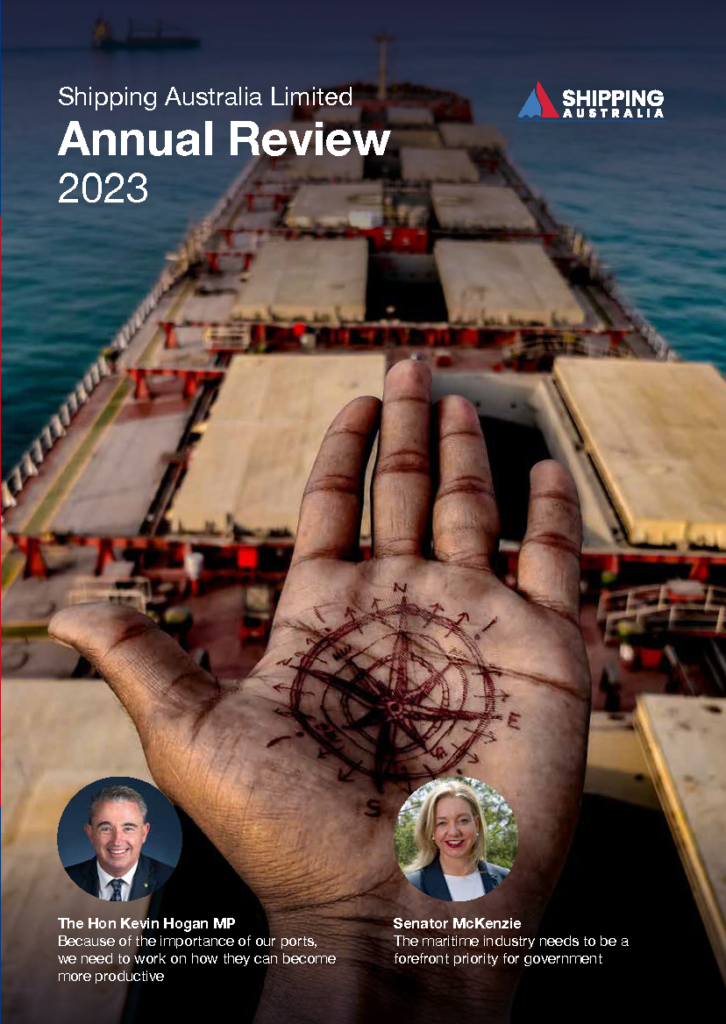
The payment of fees in return for goods or services is literally the dictionary definition of “customer”.
Ships come into port and load/unload cargo using infrastructure provided by stevedores for their benefit. Shipping companies pay fees to do so. Shipping companies are customers of stevedores.
Trucks come into port and load/unload cargo using infrastructure provided by stevedores for their benefit. Trucking companies pay fees to do so. Trucking companies are customers of stevedores.
If service providers, such as stevedores, want to charge fees to customers, such as shipping and trucking companies, in return for access to services then it is appropriate for them to do so. In a free market it is completely up to stevedores if they want to charge or not.
Pricing, monopolies and other non-relevant arguments
Arguments have been made that trucking companies are not customers of stevedores because they have no control over pricing, or that the terminals are in a monopoly situation. Such arguments are not valid.
There are many industries which do not allow customers any say, let alone control over, pricing. Few individuals are able to meaningfully discuss their grocery bill with major supermarket chains. Few individuals are able to negotiate a discount on cinema, theatre or concert tickets either. Few, indeed, are the vehicle owners who can negotiate tolls with the operators of toll roads. No payment of fees equals no access to a private highway.
Whether or not a person (whether that is a legal or a natural person) has the ability to negotiate pricing with a supplier is not relevant to determining whether or not that person is a customer of the supplying company.
Similarly, there are around the world many businesses that offer goods and services for sale in monopoly, duopoly and oligopoly situations. The fact that they are goods and services providers working from within an “opoly” situation, and that there are few to no alternative providers, does not alter the fact that there are people who give money to the monopoly, duopoly and oligopoly providers in return for transfer of title to goods and access to, services.
When you give money to someone in return for access to goods and services, this is called “buying”. The key word to describe people who buy goods and services from monopolies, duopolies and oligopolies is the word “customer”.
The fact that the providers are monopolies, duopolies or oligopolies is not relevant to the debate as to whether or not a person is a customer or not of a company.
The true, vital, test
This is the correct test: do you pay another party in return for the provision of goods or services?
If so then you have literally fallen within the dictionary definition of a “customer”. If you pay money in return for access to goods and services then you are a customer.
It really is just that simple.
It therefore follows that if stevedores offer trucking companies the ability to access the stevedore’s terminal in return for the payment of a fee, then, if the trucking company does in fact pay the fee and then does in fact gain access to the terminal, then the trucking company is the customer of the stevedore.
Fatally flawed
It is a fatally flawed argument to say that because two different sets of customers use the same supplier then one set of customers should pay the fees charged to the other customer. Any assertions in that direction are simply not valid.
And, here’s the crucial part in this debate: any charging or pricing disputes between terminals and trucking operators is just that – a dispute between terminal and trucking operators. Whether or not the prices are fair, whether or not the prices have increased too fast or too slow, whether or not the is notification or enough notification is simply the business between the terminal operators and the trucking companies.
Ocean shipping lines are not involved.
You can read more about this common-sense and clearly correct position in the document “Terminal Access Charges”.


